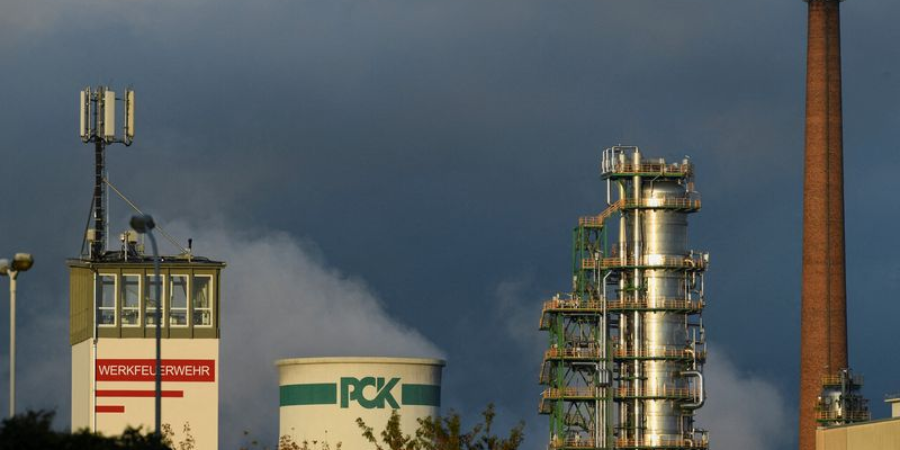India–US Trade Tensions Rise Over Steel and Auto Tariffs NMDC Limited reports a 38% drop in Q4 FY24 consolidated net profit RINL to Raise $23 Million Through Land Sales Amid Crisis

In Europe and Africa, oil markets are getting tighter as lending support for futures increases. This could impact the availability and cost of oil in these regions. Increased lending support means that more money is being invested in oil futures, which are contracts to buy or sell oil at a specific price in the future.
Tighter oil markets could lead to higher oil prices, affecting consumers and businesses that rely on oil for transportation, heating, and other needs. It could also impact countries that are dependent on oil exports for their economy.
The reasons behind the tightening of oil markets are not entirely clear, but they could be related to a variety of factors such as geopolitical tensions, supply disruptions, or increased demand for oil.
Overall, the tightening of oil markets in Europe and Africa could have wide-ranging effects on the global economy and the energy sector.
Also Read : Aurubis partners with Codelco for sustainable copper mining practices EU Slaps Anti-Dumping Duties on Hot-Rolled Steel from Egypt, Japan and Vietnam